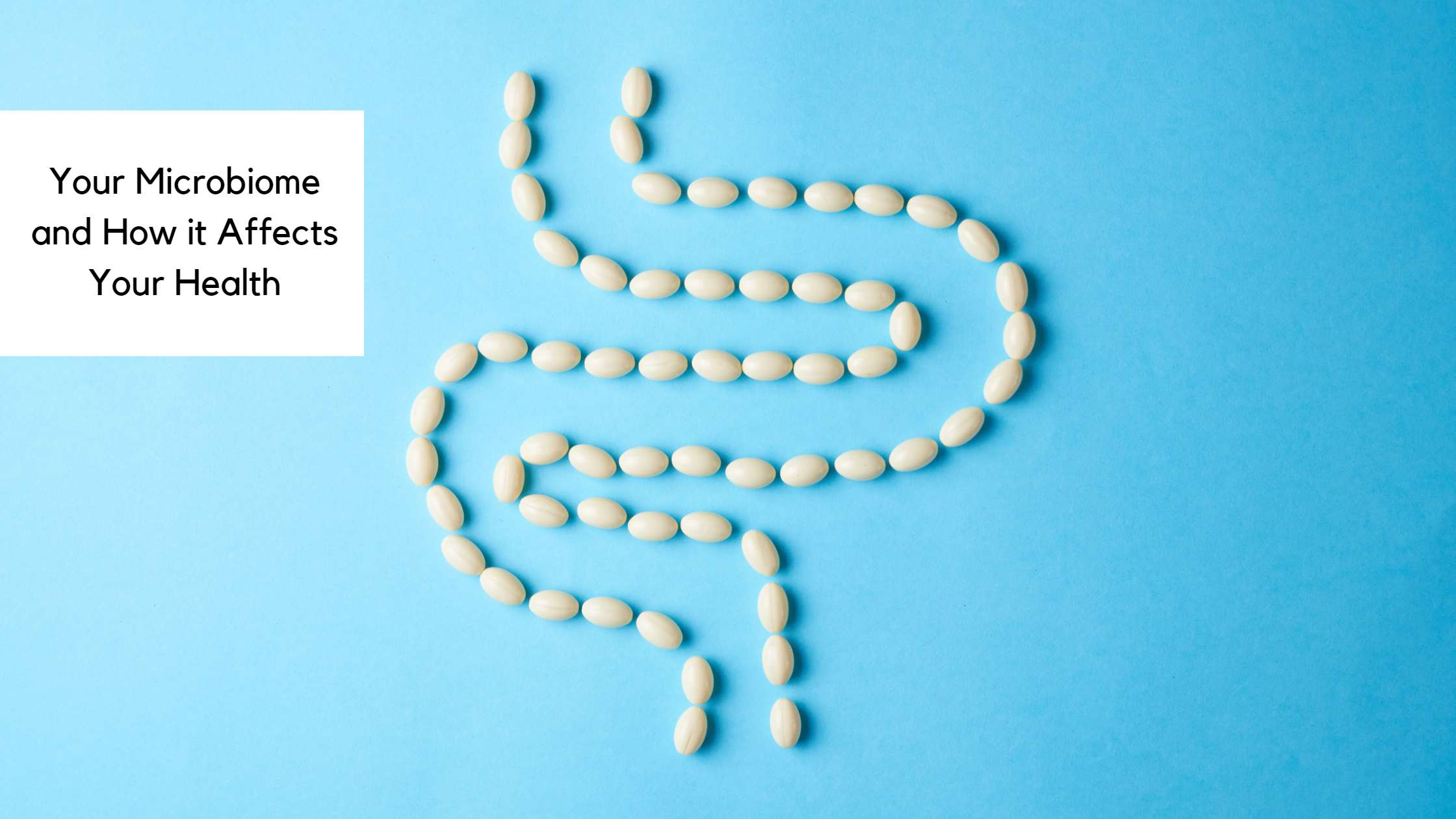Your Microbiome and How it Affects Your Health
Your health and wellness are essential, and many factors contribute to your health, including your microbiome. Whether you’re a health and wellness coach or want to understand how microbiota contributes to various aspects of the body, this article goes over it all.
What is the microbiome?
Your microbiome is the entire system of fungi, viruses, and viruses that attack good, bad, or otherwise bacteria. Most of the time, your microbiome is stable and contributes to good health, but they can become harmful when they increase in number or end up where they’re not supposed to throughout your body.
As more research is being done on the healthy microbiome and its interactions with the human body, we’re discovering more about the diversity of your microbiota in healthy individuals and other species.
There is also a more holistic health and wellness approach to the research being done and how it can have an environmental impact, dietary impacts, and the overall analysis of the DNA of various microbiota.
How microbiota benefit your body
There are several ways that your unique microbiome contributes to the health and wellness of your body – your gut health, brain and mental health, and heart health. These bacterial communities can also have a role in specific cancers.
Not only does it provide a stable environment for your body, but it also helps to program your immune system to fight off harmful bacteria and viruses and provides the cells throughout your body with the nutrients they need to function.
A large part of your gut health is due to your body’s microbiome – you may be surprised to hear that the human gut is quite complicated in the balance it has to strike to maintain stable human health.
The human microbiome and disease
Research suggests that the number of microbiota present in your body and the composition of these microbes can contribute to cancer, asthma, heart disease, type 1 diabetes, and obesity. While continuous microbiome research is still being done to evaluate these ties more in-depth, the human microbiome is complex. It can contribute to a few different diseases and may play a role in health and disease in a way we didn’t understand before.
The bacteria throughout the body are a major factor in the disease. Whether our bodies are healthy is no different regarding the human microbiota and the community of microbiomes that exist throughout the body.
The foods we eat, the diet we have, and the different microorganisms that are present in our environment all have an impact on the bacteria present in our body and our microbiome.
Diet and probiotics’ affect on microbiota
Your diet and taking daily probiotics have a profound effect on the human gut microbiome. It keeps your bacterial species in check, helps your microbiota function, and works properly, aiding digestion and keeping the rest of the micro-organisms throughout your body in check.
Consuming a well-balanced diet and taking daily probiotics can help the microbial ecology of your body and help prevent various diseases such as inflammatory bowel disease, cancers, and asthma.
To get the right recommendations for your body and improve your diet, it’s best to consult your physician for a catered plan for your microbiome specifically.
Effects on heart health

According to various research, your gut health directly impacts your heart health. When your gut microbiota is out of balance, it can cause issues with digestion and, in turn, can lead to high blood pressure and lower levels of the good cholesterol you need.
Research is still in the early stages, but the compounds that your gut microbiome produces when they digest food need to be balanced; having the wrong balance can lead to certain byproducts that cause other issues with heart health.
It’s important to consult your primary physician on ways to tailor your diet and care plan to improve your microbiome. Each individual is different, and your gut microbiome can be a complex aspect of your health.
Effects on gut health

Your microbiome’s effect on your gut health is unparalleled to the other microbiota on your skin, mouth, and airways – it helps digestion. It is constantly sending signals throughout your body to your cells. Your gut microbiome is a distinct balance of the right bacterial diversity that helps stabilize the function of your gut.
When there are problems with your gut bacteria or gut microbiome in general, you will start to see health effects along the lines of digestion and breaking down nutrients. More research is being done on how environmental factors and bacterial species contribute to gut microbiota.
Research is starting to surface about how gut microbiota can affect overall health and the immune system. Human gut microbiota can greatly affect weight gain and weight loss despite the food you eat.
Effects on brain health

The effects that gut microbes have on your brain health are relatively newer research. Still, there is some evidence from a study done on mice at St. Louis University that the short-chain fatty acids, which are compounds produced by your gut microbiome, can affect the immune cells of the mice, which in turn affects the brain tissue.
This same study provided evidence that the gut bacteria of those with Alzheimer’s can differ from healthy individuals, suggesting another link between the human microbiota and disease.
Researching microbes and their effect on the body is a new and fresh science. There is still a wealth of information being discovered and how different species are affected by microorganisms and the composition of the compounds they produce as a byproduct.
How can I improve my microbiome?

Improving your microbiome involves closely monitoring your health, diet, and consuming foods. A great way to improve your microbiome is to look into some organic food options, such as organic beverages, meats, and snacks, and focus on the overall nutrient value of your meals.
A great way to continue to increase and improve your microbiome is to implement taking supplements, probiotics, and prebiotics as a daily routine. While probiotics and prebiotics are separate from your microbiome, they help support the good bacteria in your body, especially your gut microbiota.
Consider consulting with your physician to get specific information on improving the bacteria and microbes throughout your body to maintain a balance.
What is the difference between microbiomes and probiotics?
Microbiomes are essentially the ecosystem of our gut and body as a whole. Our microbiomes are affected by what we eat, mainly foods and supplements considered probiotics and prebiotics.
Probiotics are microorganisms that have health benefits for various reasons and are contained within different food and beverage items but can also be taken as supplements. Your microbiome cannot be “taken” as a supplement and is affected directly by the diet you have and environmental factors.
Each individual is different, and your physician may recommend something different if you are looking to improve your microbiome or need to substitute your diet to replace nutrients – but probiotics and prebiotics are an essential part of the microbial health of your body.
What makes up the microbiome?
The microbiome is composed of various viruses, fungi, and other bacteria that contribute to a healthy gut and potentially alter gut health depending on the composition and volume of microorganisms throughout your body.
The microbial community does a lot of research to understand better the gut microbiome and how it affects the human microbiome. Microbes and bacteria can be a complex aspect of a healthy body and disease.
Final thoughts
The human microbiome is a new and fresh science that is still evolving. More research is being done on how the gut microbiome affects the body’s overall health and impacts the heart, brain, gut health, and disease.
When looking to improve your microbiome, it’s essential to consult your physician to get a tailored plan for the bacteria and microbes present in your body and what suggestions they can make to help improve your health.







